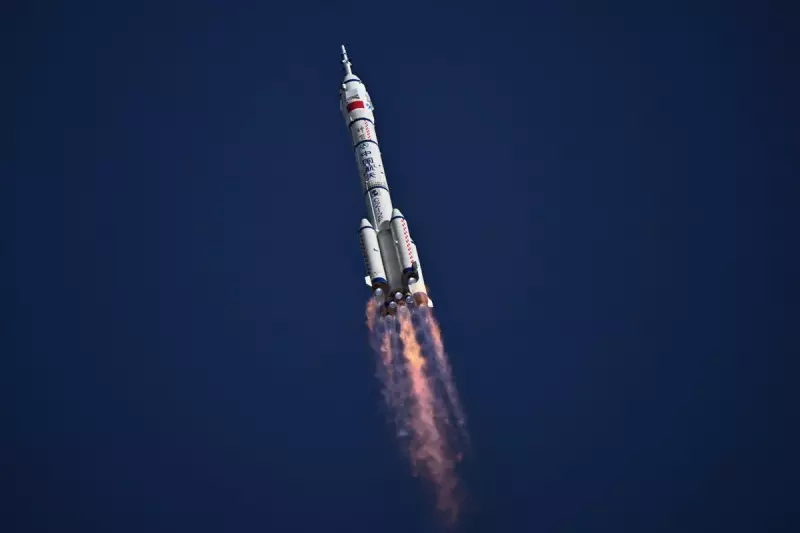
Astronauts aboard China's Tiangong space station were forced to execute emergency evasive manoeuvres after space junk posed an imminent collision threat, according to the country's human spaceflight agency.
The China Manned Space Agency (CMSA) revealed that the station's crew performed what they described as "evasive action" to avoid a dangerous encounter with orbital debris, though specific details about the size and origin of the threatening object remain undisclosed.
Growing Threat in the Final Frontier
This incident underscores the escalating crisis of space debris cluttering Earth's orbit. With over 30,000 pieces of trackable space junk currently circling our planet and countless smaller fragments, the risk to both manned and unmanned spacecraft is reaching critical levels.
Space agencies worldwide are increasingly concerned about the Kessler Syndrome - a theoretical scenario where cascading collisions create an impenetrable barrier of debris around Earth, potentially making space travel impossible for generations.
Not the First Close Call
This isn't the first time the Tiangong station has faced such dangers. In June 2024, the station had to adjust its orbit to avoid debris from a Russian satellite that Moscow had destroyed in a 2021 anti-satellite weapons test.
The growing frequency of these avoidance manoeuvres highlights the urgent need for international cooperation in managing space traffic and cleaning up orbital environments.
What Makes Space Junk So Dangerous?
- Incredible velocities: Objects orbit at approximately 17,500 mph, meaning even tiny fragments carry devastating kinetic energy
- Cascade effect: Collisions create more debris, increasing future collision risks exponentially
- Tracking limitations: While agencies monitor larger objects, countless smaller pieces remain undetectable but equally dangerous
- Longevity: Debris can remain in orbit for decades or even centuries depending on altitude
The Global Response
Space-faring nations are increasingly recognising the need for coordinated action. The European Space Agency has initiated cleanup mission concepts, while commercial companies are developing technologies to capture and remove defunct satellites and rocket stages.
However, with the rapid expansion of satellite constellations and increasing accessibility to space, the problem continues to outpace solutions, making incidents like the Tiangong near-miss increasingly common occurrences.





